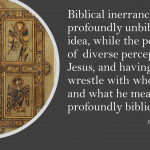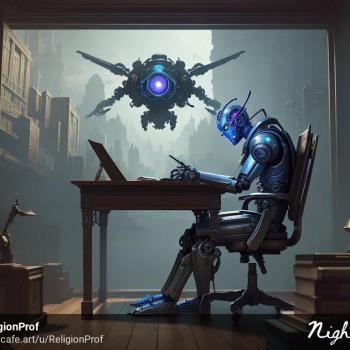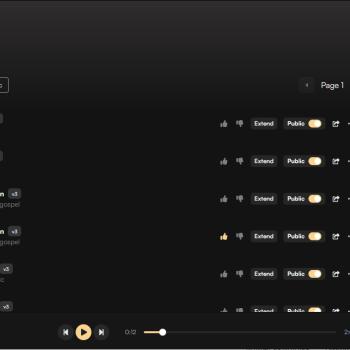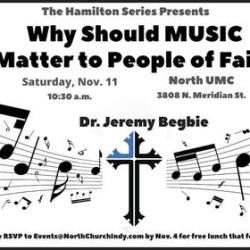Loren Rosson writes about the classic rock song “Baba O’Reilly” by The Who:
[The 1970s] was a confused decade, but a groovy one that saw a lot of transgressive creativity, especially in music. “Baba O’Riley” is much about that burgeoning artistry.
But it’s also about something else, something more esoteric: Townshend’s infatuations with two particular figures. The first is Meher Baba, an Indian spiritual master who claimed that he was an Avatar, or an incarnation of God. Baba had his religious awakening at age nineteen (in 1913), and began teaching that reality was an illusion — a bunch of misguided beliefs and perceptions formed by weak minds. The Universe is imagination, he said, and each human soul is really God passing through imagination to realize his divinity on an individual basis. The second figure is Terry Riley, a minimalist composer and musician in the ’60s who used tape loops and delay systems to make musical patterns. Now, Townshend somehow got it in his head that when musical patterns like Riley’s were played simultaneously, they would overlap and interlock to make a harmonious whole — a single giant chord capturing the harmony of the universe envisioned by Meher Baba. The song “Baba O’Riley”, explains Townshend, is basically what would happen if the spirit of Meher Baba was fed into a computer and transformed into music.
Maybe Townshend himself was on acid when he came up with that explanation. But I appreciate what drives him. There’s something about music that makes it — in my opinion — the purest art form. Purer than literature, film, and painting, which is probably why I find it hard to review. The power of music is elusive. It’s easy to perceive the work of the divine when something resists analysis. And yet music works on a level so simple — far more simple than writing, film making, or drawing — that you hardly need to pay attention to it. You can lose yourself in music while doing other things. There’s power in something that infectious.
Read the rest of the post on his blog The Busybody. An interview with Roger Daltrey from a few years back that highlights what he feels is the song’s message for today’s generation may also be of interest. Some of you will be surprised that I have blogged about music from the 1970s that doesn’t bear the label “progressive” (although The Who’s interaction with them at stream of British rock is obviously noticeable) and about “the other Who” that was then and still is popular.
Loren’s blog has a whole series of retrospectives on great music. See also his posts on the Rush song “Losing It” which really is a masterpiece in so many ways, and also the Genesis song (or suite, or album side, as you prefer) “Supper’s Ready.” The former stands out from Rush’s repertoire with its 11/8 time signature and the presence of electric violin, but as Loren highlights it is the lyrics that make the song so incredibly poignant. It is about the pain of finding oneself unable to do something incredible, creative, and artistic, such as dance or write, that one previously was able to, and ponders whether it is worse to never have known creative genius or to have known it and lost it. The latter is a song I’ve blogged about here in the past, but I’ll let Loren have the last word: “The ’70s were a golden age of music and film making. “Supper’s Ready” is the Godfather of rock songs. Both were released in ’72, and we’ve rarely seen their like since.”













